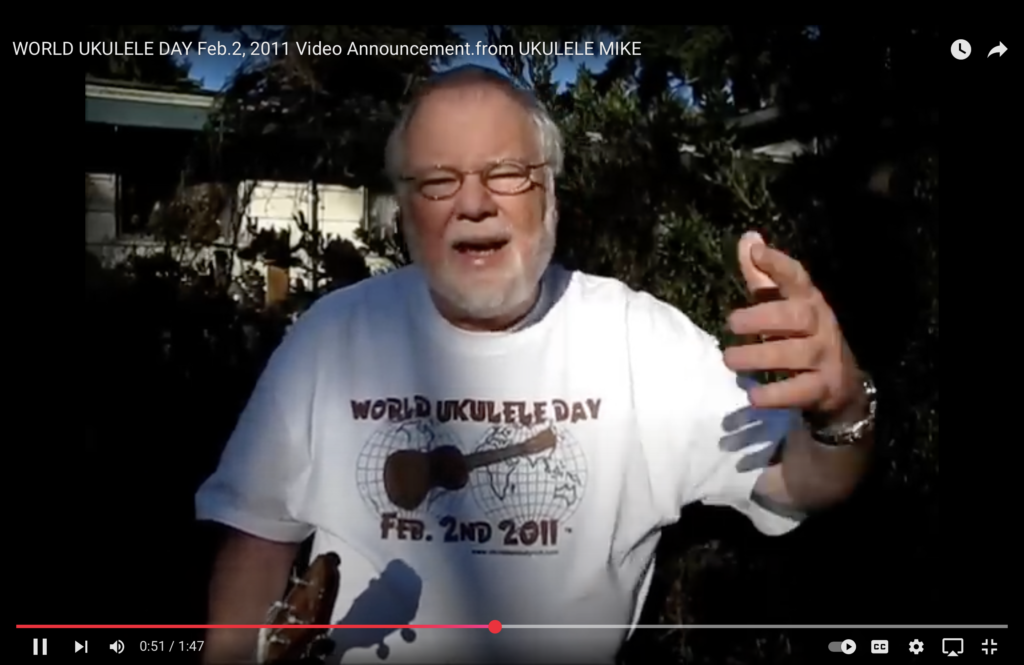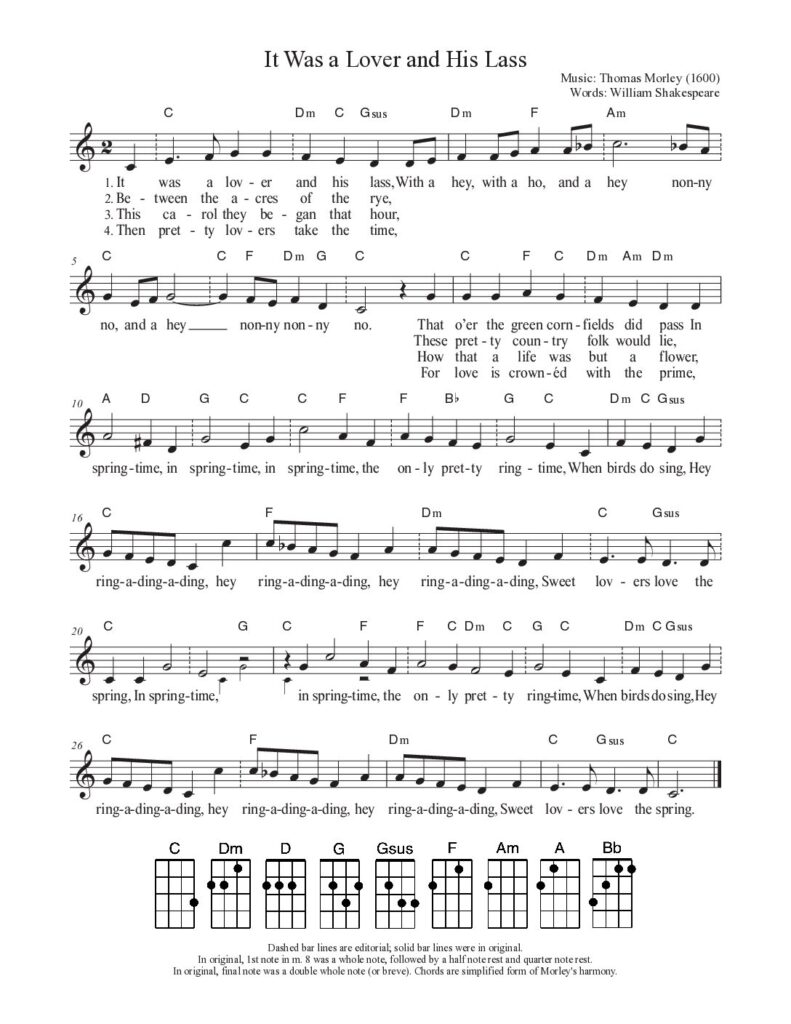(I wrote this a few days ago, then forgot to post it. Here it is now….)
On February 22, 2005 —twenty years ago last Saturday — I wrote my first blog post. If you want a summary of this blog’s boring history, try here, here, and here. But I don’t want to look at the past, I want to think about the ongoing role of independent blogs like this one.
Twenty years ago, most blogs were a mix of day-to-day trivia, snarky commentary, and a few more serious long-form posts. All three of these have now migrated to other platforms.
The day-to-day trivia gets posted to social media outlets like Facecrook, TikFok, YouCrude, Instacrap, etc. Much of it consists of images, graphical memes, and videos. There’s no longer much interest in text-based day-to-day trivia.
Snarky commentary has also moved to social media outlets. Again, there’s been a movement away from text-based snark to videos, graphical memes, and images. Snark has also declined in intelligence, creativity, and kindness; I wouldn’t even call it snark any more, I’d call it Rage Porn.
Long-form text-based posts have moved to outlets that cater to that format, such as Substack and Medium. This move is generally a good thing; writers can focus on writing, and they can stop worrying about the technical challenges of publishing online.
In short, most of what appeared on independent blogs twenty years ago has now moved to other platforms. There’s a good reason for these moves: it has become increasingly challenging to stay current with web technology.
Take, for example, WordPress, the blogging platform I use. I started out in 2005 using WordPress 1.5, when it was simple and uncomplicated blogging software. Today, WordPress has morphed into a major CMS capable of running today’s most complex websites. I no longer have the time to stay current with its capabilities. That’s one of the reasons I still use a nine-year-old theme: I don’t have the time to make the move to a new theme. Sure, I could hire a WordPress consultant to do it for me; but that gets away from the DIY ethos that I found so appealing about blogging back in 2005.
Whatever platform you choose, web security has become increasingly difficult, as the evil hackers get bolder and more skilled. I’m lucky I have a good web host who helps me keep current with security issues. But it’s getting harder and harder for me to stay current with web security. I can thoroughly understand why writers would want to move to a platform like Substack or Medium.
Beyond the challenge of staying current with technology, I don’t think there’s much of an audience for independent text-based blogs any more. Most of my early readership long ago migrated to social media platforms. Once you’re hooked in to a social media platform, there’s not much reason to go visit an independent website. Potential new audiences tend to prefer audio or visual podcasts; they don’t want to read text, they want to watch or listen to content.
The only reason to write an independent text-based blog like this one is because you like to write. That describes me. I enjoy the process of writing, and I write all the time. As long as I’m writing something, I might as well publish it. And even though publishing a blog has gotten more difficult in the past twenty years, it’s still far easier than the printed fanzines I used to publish in the 1980s and 1990s.
So what if the audience for independently hosted blogs is tiny? I’m still having fun, which has always been the point of this blog. I hope you’re still having fun, too — and thank you for continuing to read.


